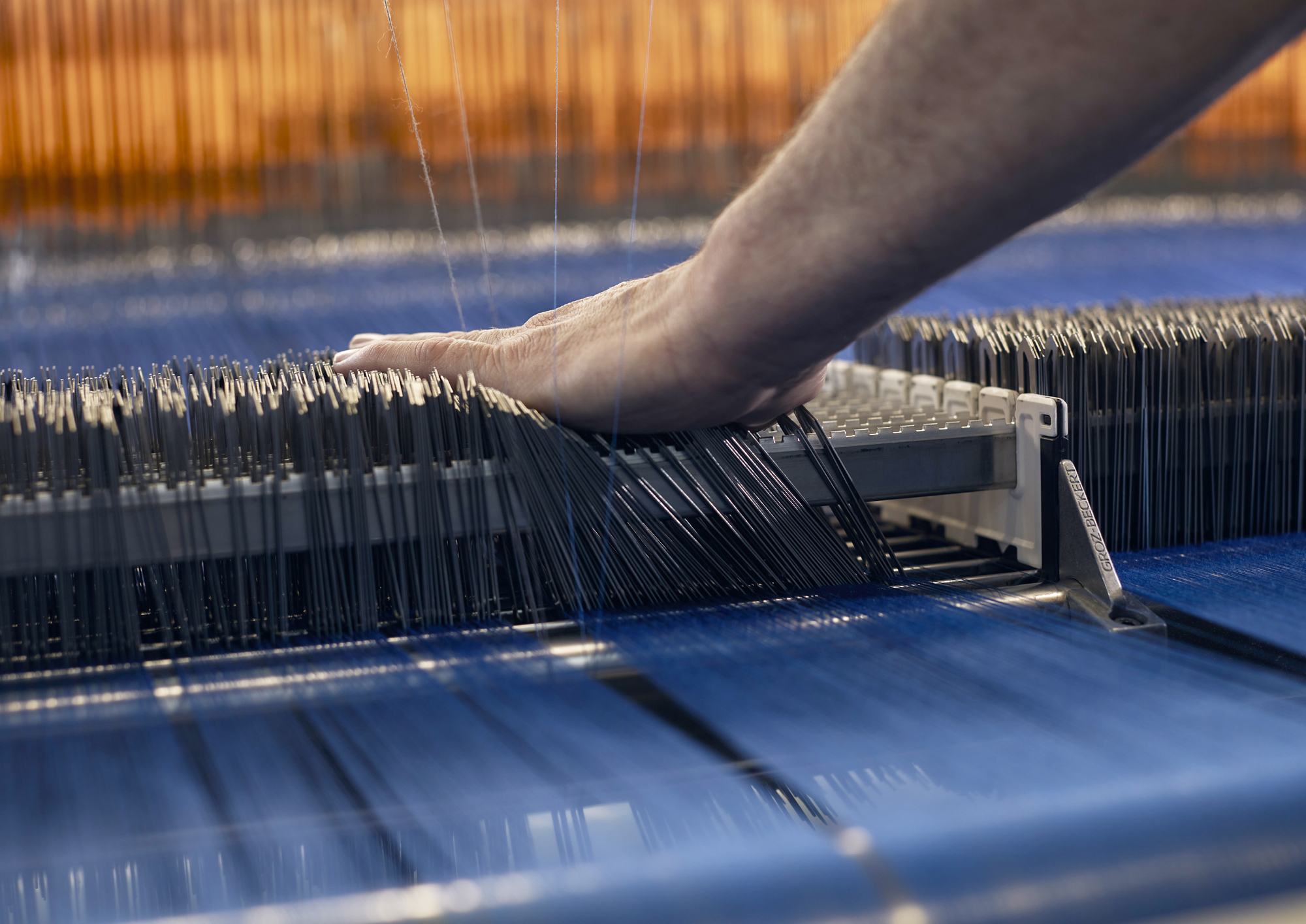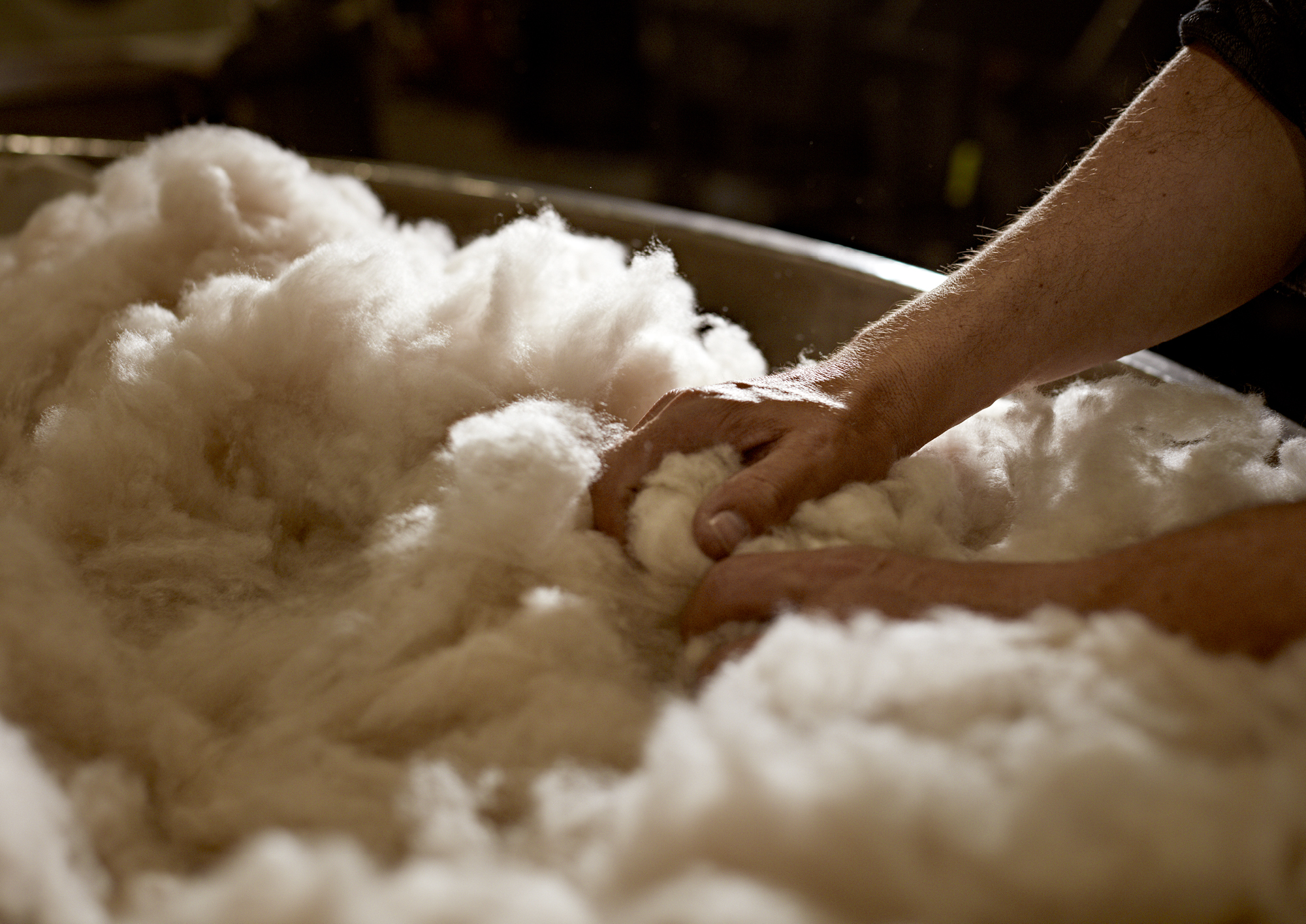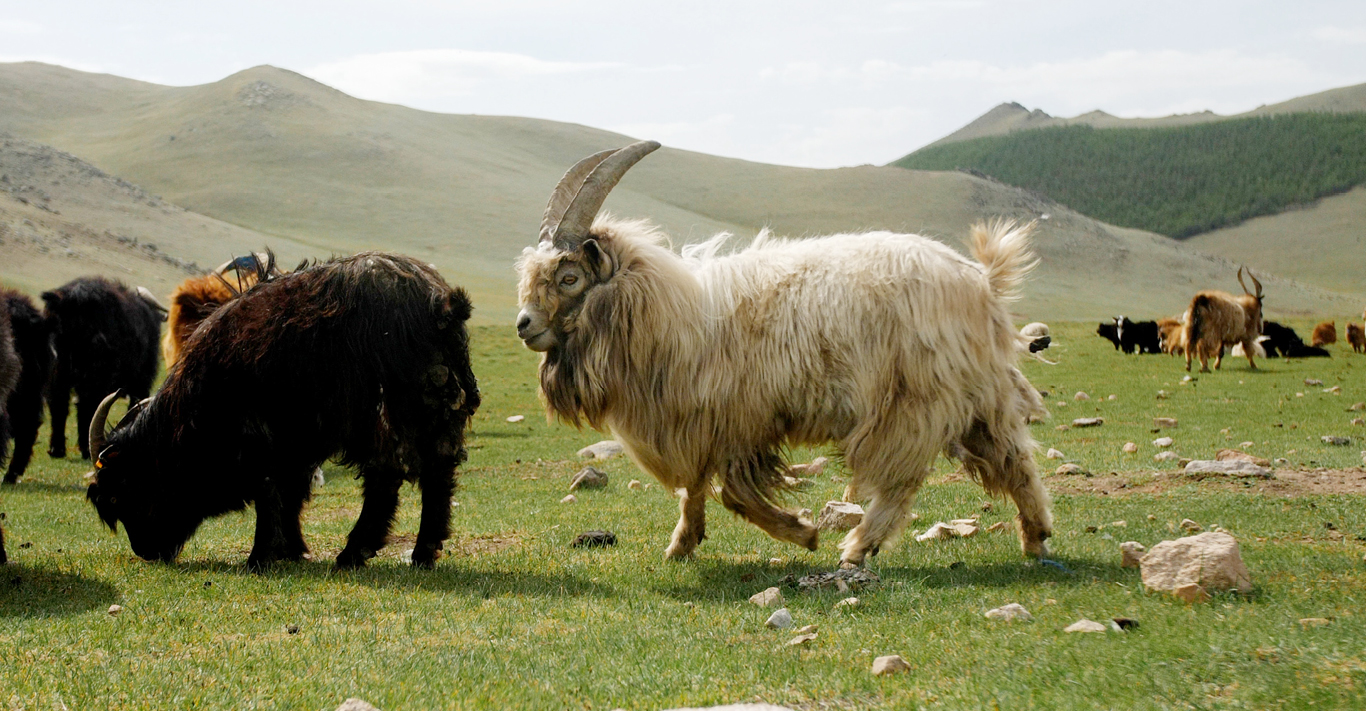WORDS
SHANE C KURUP
Alongside Highland fables, Scotch and shortbread, one of Scotland’s greatest exports is its knitwear. And like many of the nation’s most memorable sights – from lochs to heathered hillsides – this legacy is inexorably linked to the landscape. The north-west region has been a focal point for sheep farming for centuries – the rock-strewn, rugged terrain being better suited for herding four-legged beasts than crop cultivation. Paired with the abundance of mineral-rich water sources used to cultivate the natural softness of yarn, it has made Scotland the birthplace of some of the world’s foremost names in knitwear. One such name, Johnstons of Elgin, has been in the business since 1797, so it’s certainly had ample time to perfect its craft.

Cashmere has been part of the brand’s offering since the 1850s, but in recent years, this king of yarns has been compromised as producers struggle to meet demand for cheap cashmere, leading to the over grazing of goats in China and Mongolia. There are now 30 million goats grazing on the Mongolian steppes – a five-fold increase since the 1990s. This, combined with climate change, has left much of the grasslands that the goats and local fauna depend on decimated, causing desertification in a country already made up of 90% dry lands.
Remedying these issues presents a colossal logistical challenge, but Johnstons of Elgin is leading the charge for change, spearheading initiatives to mitigate the impact on animals, people and planet. In 2015, it became a founding member of the Sustainable Fibre Alliance (SFA) – a non-profit body organisation, which funds training programs for better practices, promotes fair wages and unites all parties involved in the production and processing of cashmere.
A fundamental scheme of the alliance is its sustainable pasture management course, which arms the next generation of Mongolian herders with conscious grassland management and animal husbandry skills, combining traditional nomadic herding methods with eco-conscious processes. These efforts have already borne fruit, with more ethically produced fibre available on the wider market, and the brand committing to using 100 per cent SFA-certified cashmere by 2024.

This commitment to community runs just as deep back on home turf, with the firm backing an apprenticeship program to train young locals with the craft skills it is passionate about preserving. ‘Producing the very finest textile products is highly reliant on skills, which take many years to learn,’ explains Simon Cotton, chief executive of Johnstons of Elgin. ‘If those skills are lost then we are purely reliant on the capabilities of machines in mass production systems and our ability to innovate and experiment is greatly reduced.’ Its Schools Interaction Programme is often the first stepping-stone to apprenticeships. ‘In a typical year, over 500 school pupils visit the mill and are always energised by the opportunity to take part in the art of making things in the real, rather than virtual, world,’ adds Cotton.
Development and training for its 1,000- strong team of existing employees is also key, with a focus on innovating sustainable practices in the process. ‘We are the largest trainer of textile skills in the UK – improving skills is as much a part of our daily life as producing textiles,’ says Cotton.
The Elgin Mill, located on the banks of the River Lossie, is powered solely by electricity from renewable sources and is the only mill in Scotland where all stages of production take place under one roof. ‘Every stage of production is completed in our own mills starting with the raw fibre. That gives us an unparalleled control over quality and sustainability of the production process,’ he adds.
Social responsibility is the topic du jour in the wider fashion sphere right now, and Johnstons of Elgin is clearly on course to make our wardrobes more sustainable – and stylish – one stitch at a time.





